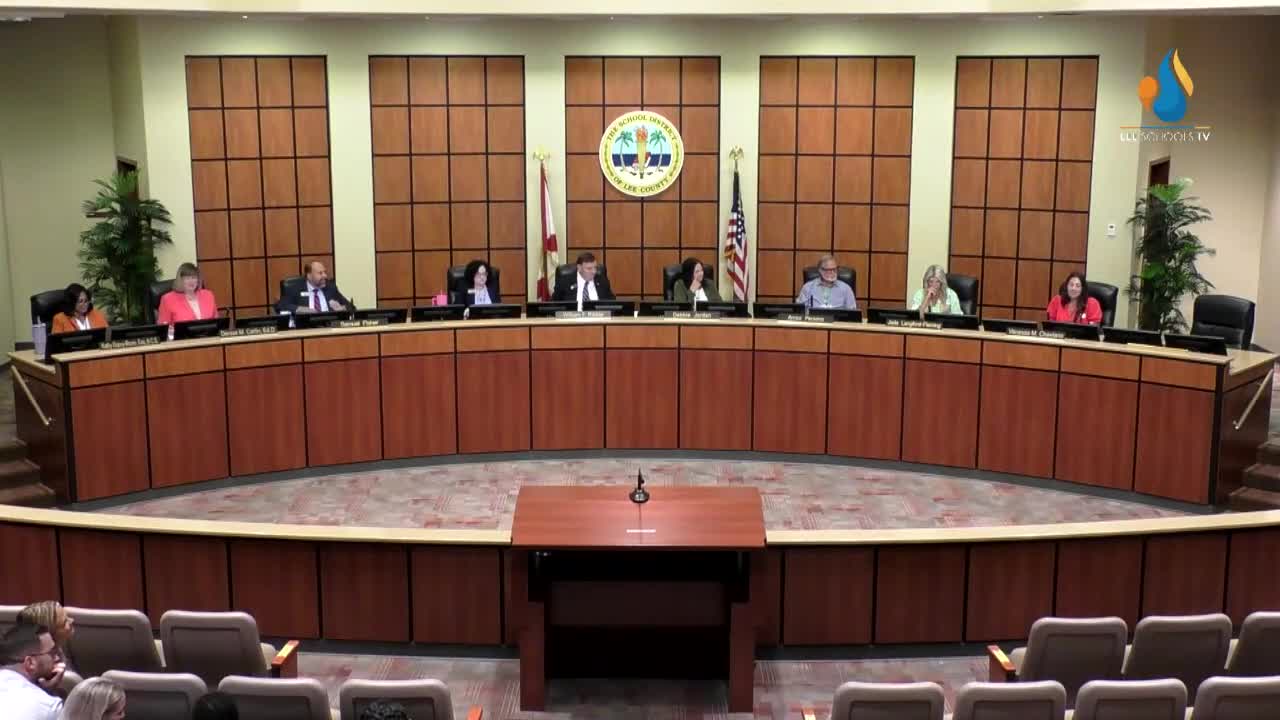Article not found
This article is no longer available. But don't worry—we've gathered other articles that discuss the same topic.
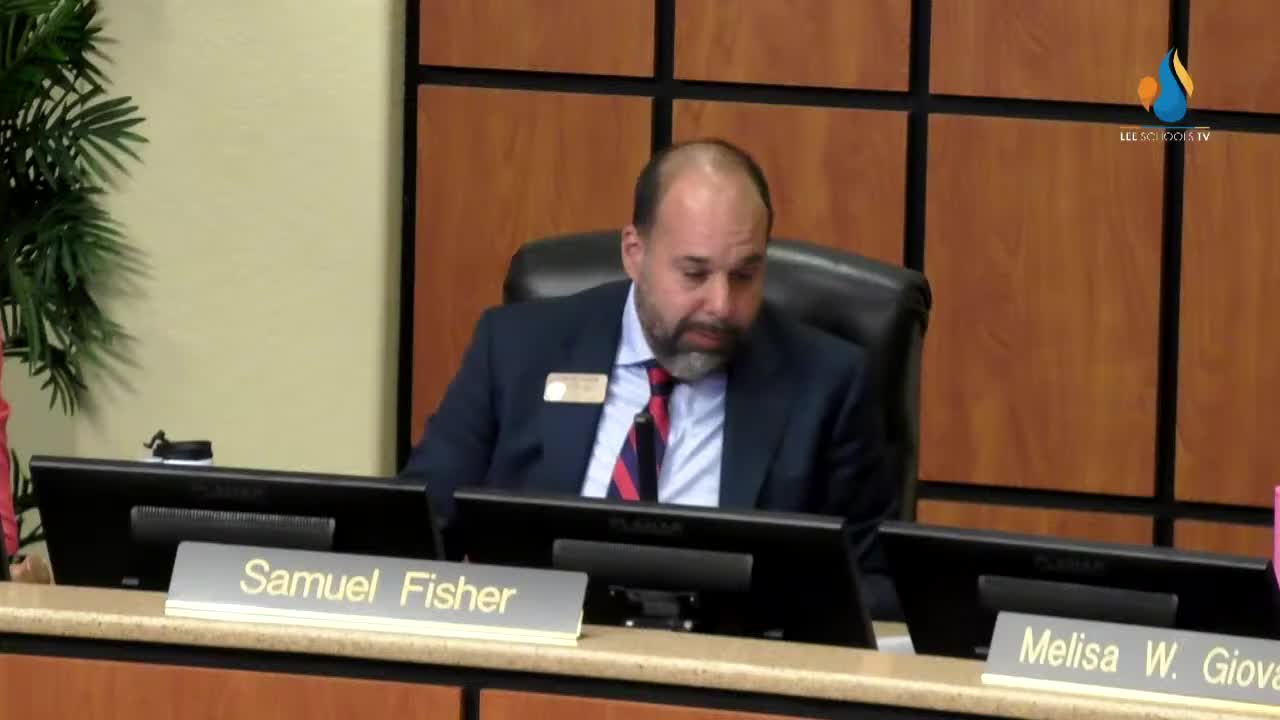
Board delays vote on proposed amendment to school board attorney contract; schedules workshop with conflict counsel
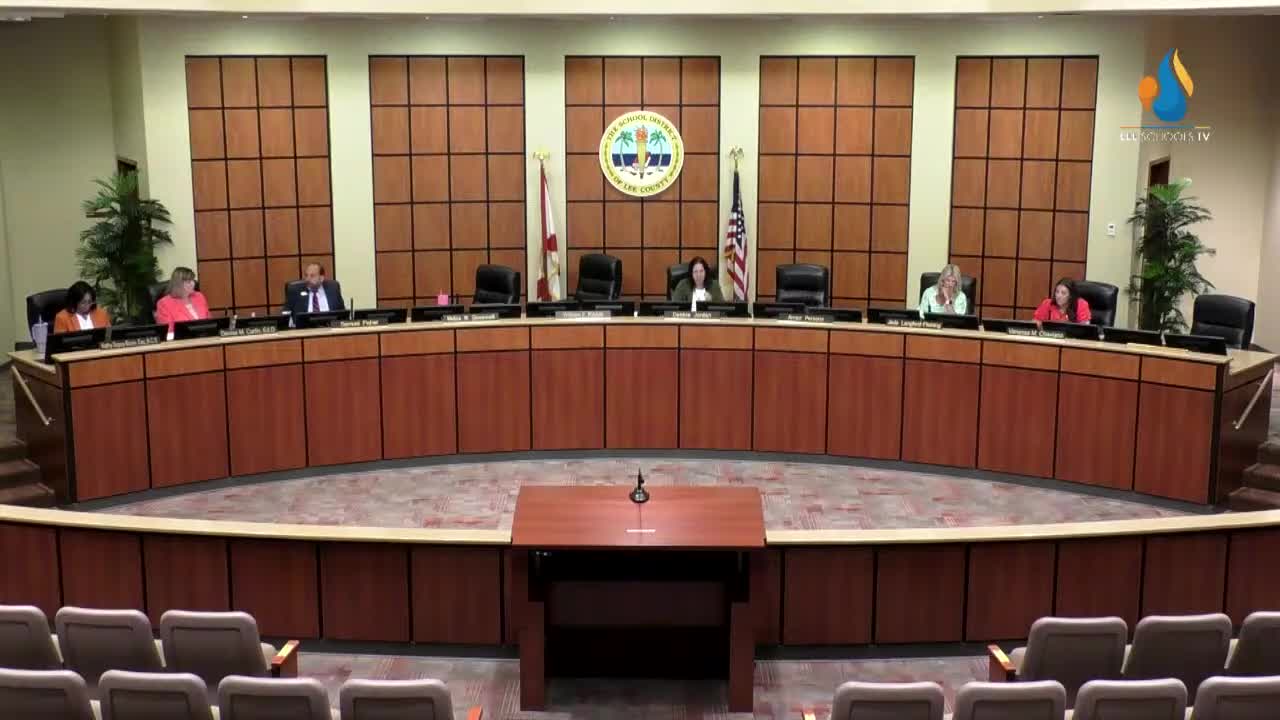
Board briefed on proposed 2025–26 uniform statewide assessment calendar; district says it will comply with state timeline and the 5% testing‑time limit
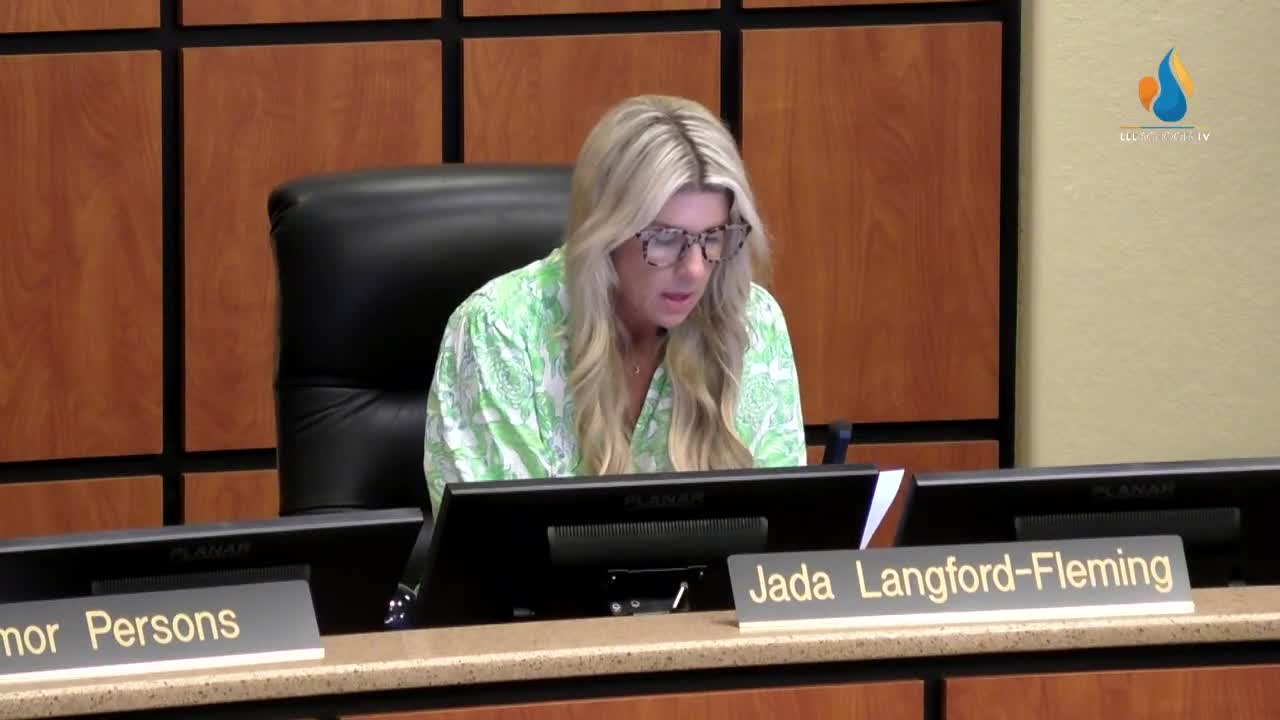
Quarterly safety inspections: two minor noncompliance items corrected, district explains "safe area" decals and guest teacher badge rule
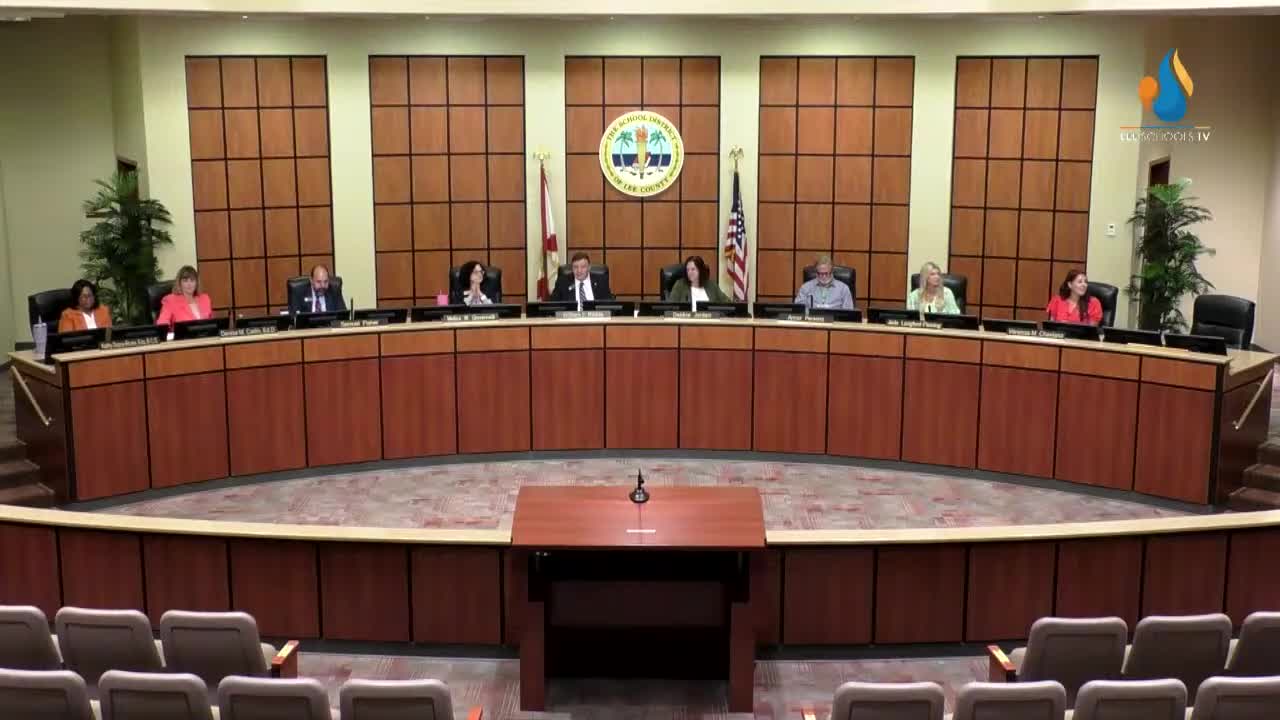
District releases end‑of‑year achievement analysis; officials highlight data tools and targeted gap strategy
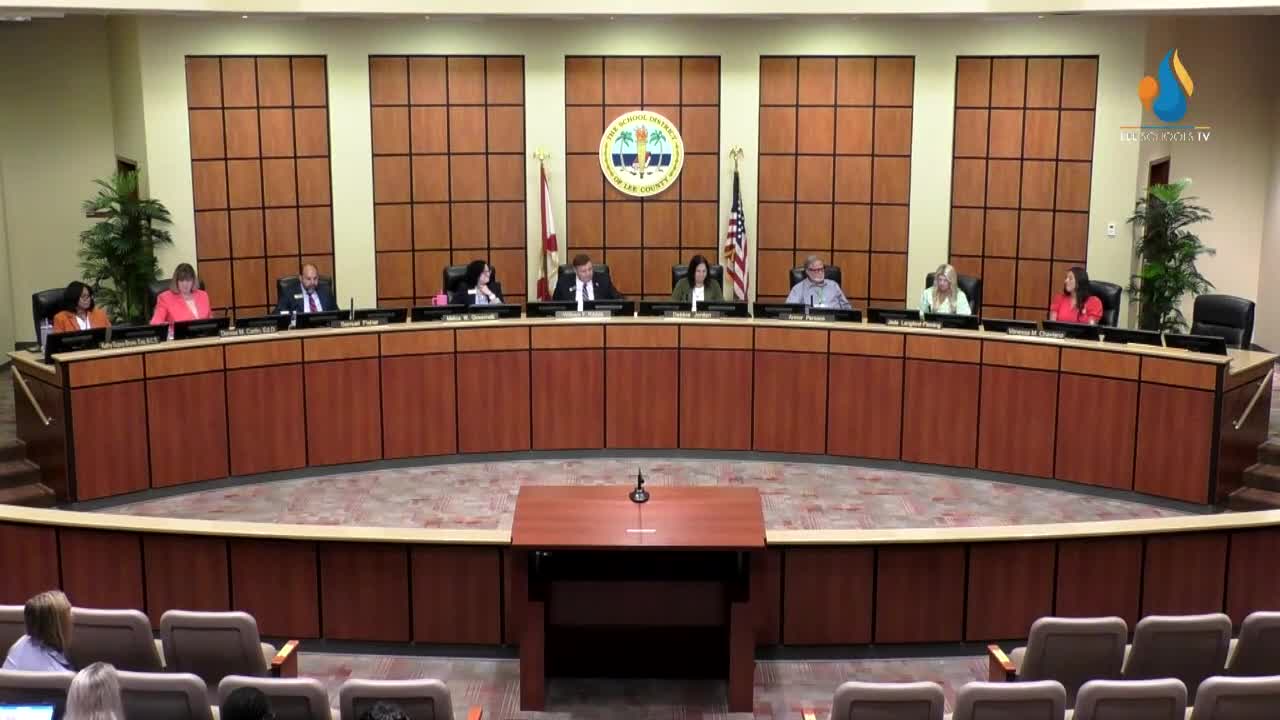
School district reports change orders, fund repurposing and timelines for major projects including NNN and Riverdale
